The Hunt for Taxes
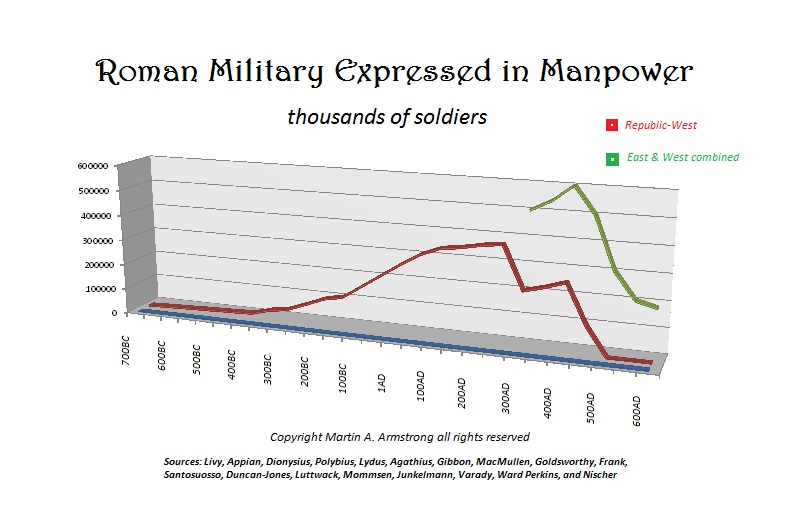
COMMENT: Mr. Armstrong; I live in Germany. I wanted to send my father €200 for Christmas. I had to prove where the money came from. It does seem as if there is a major gap between those trading the euro for big banks and the people. I left Romania for freedom. Everything that I fled from has seemed to follow me to the West. Those who cheer the rise of the euro seem oblivious to the reality on the street. We have no real government in place here since nobody won a majority. The clash between freedom and oppression is playing out in silence. I fear this will just explode all of a sudden as it did behind the Iron Curtain.
PB
REPLY: You are not alone. I have several Russian, Hungarian, and Ukrainian friends who all express the same concerns. The fact that you fled to freedom and then see the very aspects of government that made you flee in the first place have taken hold in the West is all part of the cycle. This is simply how Empires, Nations, and Citystates collapse. They are always the same – a constant search for more power to retain their control. Then it all snaps. That comes typically when a government can no longer feed its own workforce to keep the people in check.
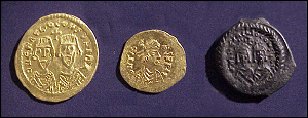
Revolt of the Heraclii 608-610 AD of Carthage
Emperor Phocas (602-610) persecuted the Aristocrats (rich) seeking taxation causing capital to go into hiding and the VELOCITY of money to decline. His reign did more than any other to begin the process of a significant decline of the Byzantine Empire. His tyrannical treatment of wealth led to a rebellion that began in North Africa by the exarch of Carthage, Heraclius in 608AD, who had been a leading and respected general under the previous emperor Maurice Tiberius (582–602).
This tax rebellion that began in Carthage, spread throughout the provinces. The funds were thereby raised to put together a considerable effort under Heraclius and his son. This major effort gathered a massive fleet that sailed toward the capital Constantinople. When they reached Constantinople, the gates were opened and Phocas was handed over. He was promptly executed being abandoned, and his statue he had constructed in the Hippodrome was now publicly burned. The young Heraclius was crowned by the Patriarch and began a new dynasty as Heraclius (610-641AD). His father did NOTassume the role of co-emperor showing his motives were to simply save his nation.
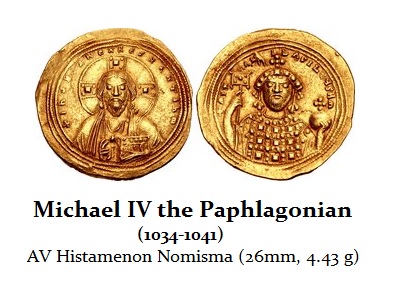
What most people do not know about history is the fall of government typically comes from tax rebellions. Michael IV the Paplagonian (1034-1041AD) raised taxes excessively setting in motion the collapse in VELOCITY of money once again as people hoarded their wealth creating the essential element to the destruction of an economy as you see in Europe today. Once capital begins to hoard and hide from the government tax collectors, the beginning of the end appears. In the case of Byzantium, this was set in motion by a tax hike and aggressive tax collection. The Slav population of the Balkans rebelled against the taxation. Michael IV himself was present to put down the tax rebellion oppressing the people and pillaging what they had.
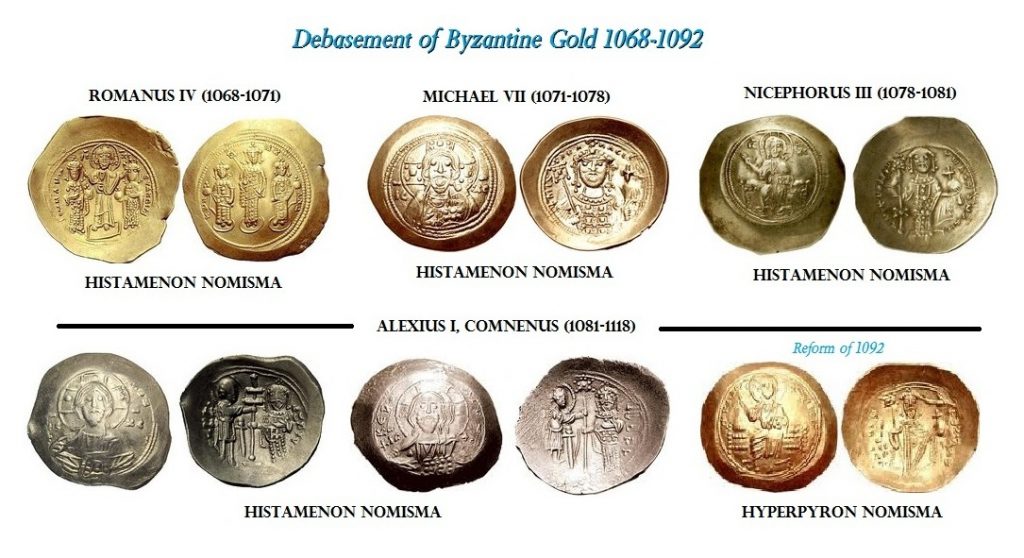
The heavy taxation had also contributed to the demise of the small landowner. Thus, the higher the tax rates, the less production took place. The Empire had begun a vicious downward economic spiral that was not understood. Isaac I, Comnenus (1057-1059) embarked on a mission to strengthen the Byzantine Empire. His fatal mistake was one of finances. The treasury was depleted. The gold coinage had been debased, and the high taxation did nothing but send the economy into a downward spiral. Unable to tax the people, they began to run out of precious metal. Isaac I now did what so many other rulers had done before him; i.e. Napoleon, Henry VIII, and all Communists. He confiscated Church property with no other option. The Patriarch protested, and Isaac had him arrested and put on trial on trumped up charges of heresy. The Patriarch died before judgment or trial, yet the people were so outraged, Isaac I was forced to abdicate and go to a monastery.
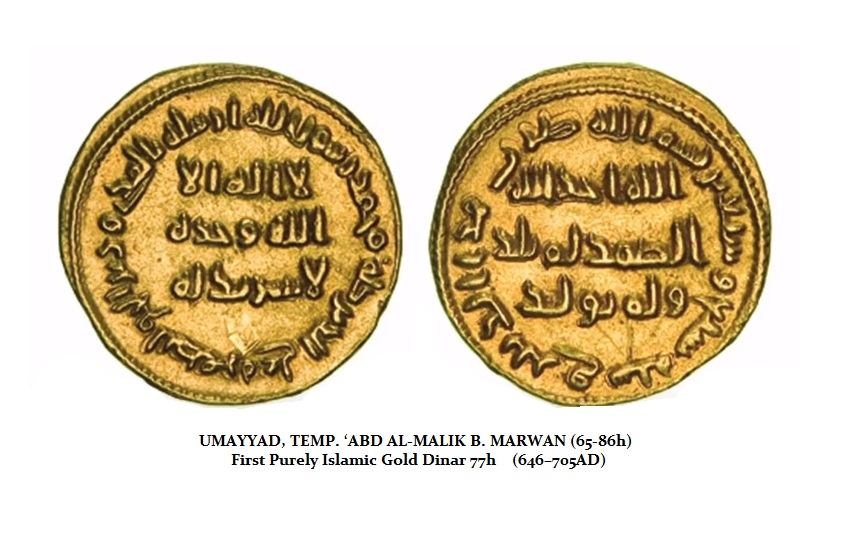
What people do not credit is the Muslim conquest of Byzantium with the fact that they had the support of most Jews and many Christians. Why? The Muslim government eliminated the abusive taxation of the Byzantine Empire that was plagued with tax rebellions all the time. The Jewish revolt against Heraclius was part of the Byzantine–Sasanian War of 602–628. This was the final attempt by Jews to gain autonomy in the Land of Israel prior to modern times.
Reprinted with permission from Armstrong Economics.
The post The Hunt for Taxes appeared first on LewRockwell.
Leave a Reply